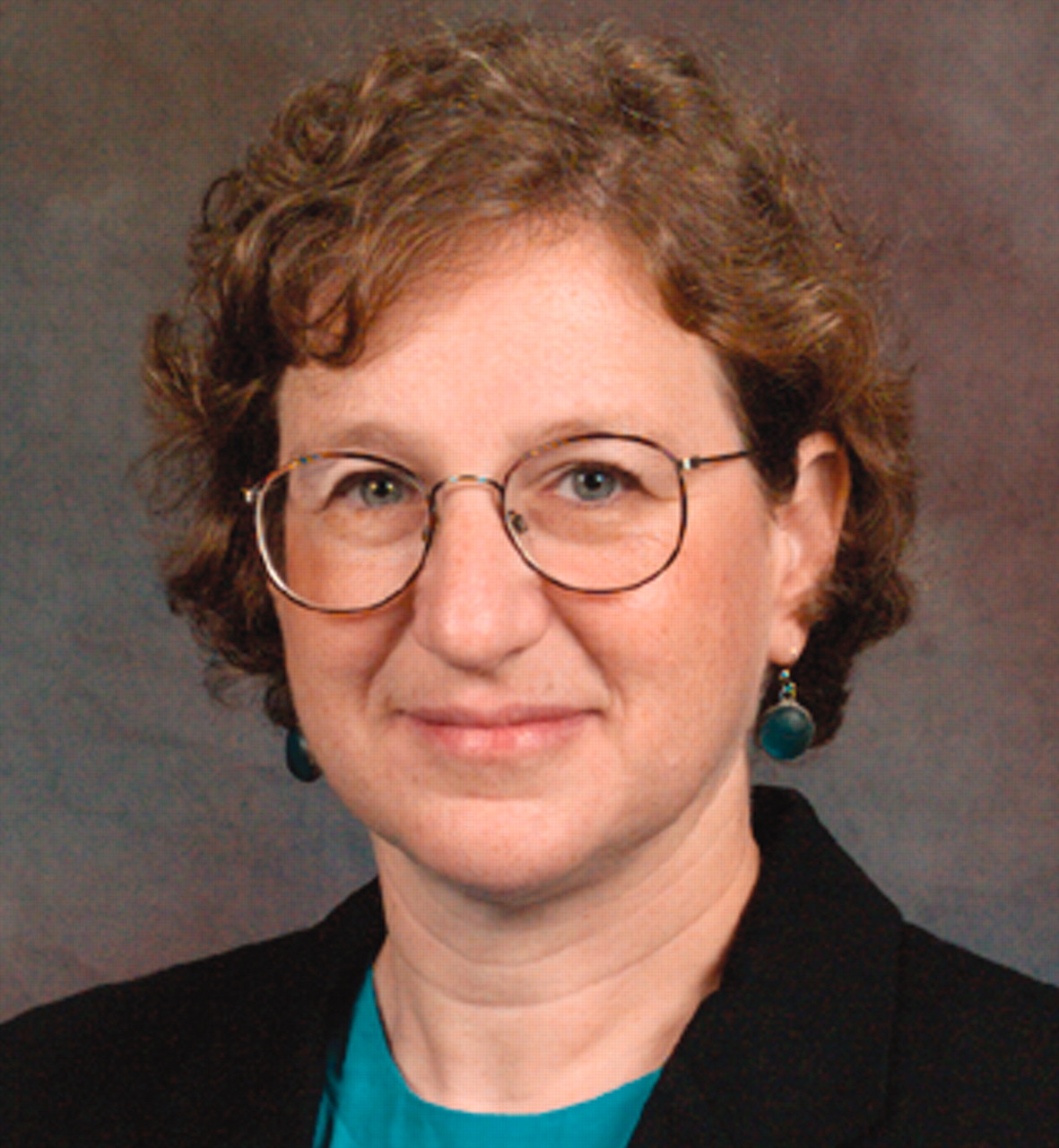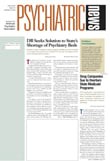Margery Sved, M.D., and her partner decided to become foster parents a few years ago. “We already had adopted two international children and were grateful for that opportunity. We knew there were more children that could be helped and decided to open up our home to foster-care children,” Sved told
Psychiatric News.When she and her partner first decided to become foster parents, they were told by the licensing social worker, somewhat apologetically, that as an unmarried couple, they could not be licensed as a couple, said Sved.
“Within a few days after our first placement of two young children with us, the involved social workers saw how well we functioned as a couple and interacted with the children. They decided to reissue the license with both our names,” said Sved.
In 2000 she and her partner became the first lesbian couple in Wake County, N.C., which includes Raleigh, to be licensed as foster parents. Other lesbian and gay couples have been licensed since.
“Many of these children come from single-parent homes where they have been abused by a male adult. Providing a two-parent home without a male figure present can be healing for some children,” said Sved.
Their first placement involved a 3-year-old boy and his 1-year-old sister who were removed from their biologic home due to domestic violence and substance abuse, said Sved. “The mother needed substance abuse treatment, counseling, and better parenting skills before taking back the children.”
The brother exhibited significant violent behavior. “He was biting people and had already gotten kicked out of several day care centers,” said Sved.
A 2001 policy brief titled “Children in Foster Care: Challenges in Meeting Their Health Care Needs Through Medicaid” found that children in foster care had more mental health or substance abuse problems than other groups of Medicaid children, including those receiving welfare benefits.
“His 1-year-old sister banged her head against the floor in our home. We learned from the social worker that that was the only time her grandmother picked her up,” said Sved. The children were initially cared for by their paternal grandparents but were removed because the grandparents did not allow the children to receive mental health services, explained Sved. “We found that by carrying the infant girl around a lot and giving her a lot of attention, her head banging subsided.”
Sved complained that every piece of the child-welfare system was broken and that her partner had to become the equivalent of a full-time case manager. “Although the children were enrolled in Medicaid, we were not given their Medicaid cards when they first came to live with us,” said Sved. “We obtained their Medicaid cards after several weeks, but had an even more difficult time getting their coupons transferred from the grandmother to us for the federally funded Women, Infants, and Children [WIC] program,” said Sved.
The coupons are designed to help low-income women buy nutritious foods for children under age 5, according to a WIC program fact sheet.
Sved said she had a difficult time initially obtaining public mental health services for the boy. “I was told by a social worker supervisor that he had to be 4 years old, which meant waiting another six months. I knew her information was inaccurate and, through persistence, obtained the services he needed,” said Sved.
She and her partner were told when the children were placed with them that the biological mother wanted to have the children eventually returned to her. “We met with her after a few months and knew in our hearts it was in everyone’s interests to be reunited. We advocated often on her behalf within the system to help her get more frequent and longer visits with her children,” said Sved.
She and her partner didn’t find returning the children difficult. “The hardest part was losing contact with them several months later when the mother disappeared with them, most likely because the father was released from prison,” said Sved.
She and her partner have since switched to short-term respite and emergency foster care. “We provide a much-needed break to foster care parents by looking after their foster children for a few hours or a few weeks. We also provide emergency home care for children who need a placement when their parents have an unexpected crisis,” said Sved.
“Fostering is one of the most difficult and most fulfilling things we have ever done. Being a foster parent is clearly not for everyone. However, more individuals, couples, and especially psychiatrists should think about how they might help their local system to provide better services to these children with multiple needs,” said Sved.
The policy brief “Children in Foster Care: Challenges in Meeting Their Health Care Needs Through Medicaid” is posted on the Web at www.mathematica-mpr.com/PDFs/fostercarebrief.pdf. ▪

